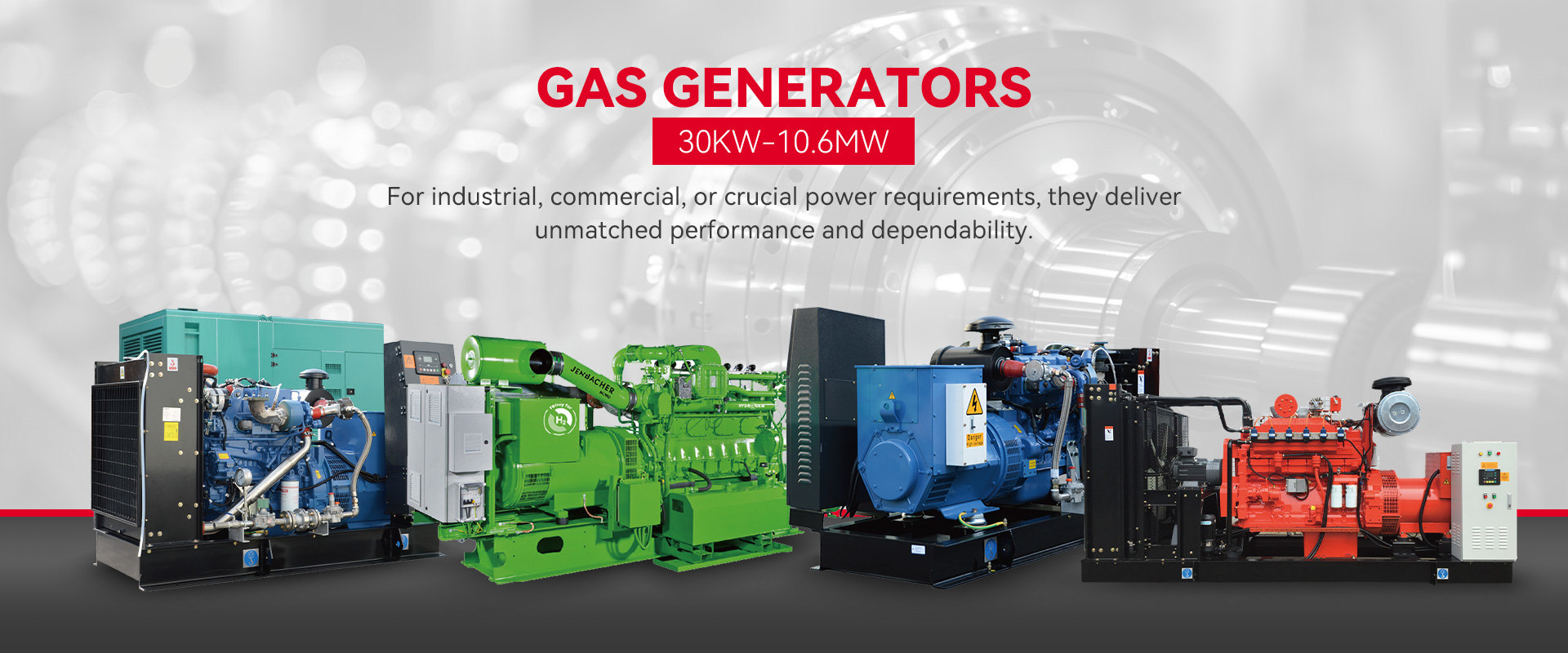In the realm of backup power generation, two prominent options stick out: gas main and diesel generators. If the power is out, and the dependence on it becomes critical, deciding on the best generator set may make a huge difference. But wait, how can you decide between gas main and diesel generators? They all have its pair of pros and cons, along with the choice ultimately depends on your particular needs and circumstances.

In the following paragraphs, we will look into the distinctive features, advantages, and drawbacks of natural gas and diesel generator sets, making it possible to produce a well-informed decision which option aligns best using your needs.
Natural Gas Generators
Advantages
Cleaner Emissions: One of the primary benefits of natural gas generators is their lower environmental impact. When gas main burns, it produces fewer harmful emissions, for example particulate matter, nitrogen oxides, and sulphur dioxide, over a diesel genset. This will make propane generators an eco-friendly option for those concerned with quality of air and environmental sustainability.
Cost-Effective Fuel: Gas main can often be less costly than diesel fuel. The charge savings could be significant over the long term, particularly if want to make use of your generator frequently. Furthermore, the production of gas is commonly more stable, reducing price fluctuations.
Less Maintenance: Propane generators typically require less maintenance than their diesel counterparts. This is caused by the cleaner-burning nature of gas main, which leads to fewer deposits and soot buildup inside the engine, extending the generator’s lifespan.
Quieter Operation: Gas generators have quieter operation. This can be a vital consideration in residential areas and settings where noise pollution have to be minimized.
Disadvantages
Limited Fuel Storage: A disadvantage to natural gas generators is attachment to a continuous way to obtain natural gas. This is often problematic during extended power outages or even in remote areas where an even propane supply might not be available.
Lower Energy Density: Gas main carries a lower energy density in comparison with diesel, meaning you could possibly need a larger storage capacity or more frequent refuelling for a similar power output.
Lower Fuel Efficiency: Propane generators are generally less fuel-efficient than diesel generators, that may increase operational costs over time.
Lower Portability: Because of the requirement of a passionate natural gas supply, these generators are less portable and versatile than diesel generators.
Diesel Generators
Advantages
High Energy Density: Diesel fuel is recognized for its high energy density. What this means is diesel generators offers more power inside a smaller package, making them ideal for applications where space is fixed.
Fuel Storage: Diesel generators have the benefit of having the capacity to store fuel longer periods without degradation. This will make them the best option for backup power in remote locations and through long-term power outages.
Fuel Efficiency: Diesel generators have fuel efficiency, consuming less fuel for the same output as propane generators. This results in lower operational costs.
Greater Reliability: Diesel engines are usually better and sturdy, which can lead to greater reliability in demanding conditions. They are generally the go-to decision for mission-critical applications.
Disadvantages
Emissions and Environmental Impact: Diesel generators emit higher numbers of pollutants, including nitrogen oxides and particulate matter, which could have negative effects on air quality and public health. Stricter emissions regulations have already been carried out mitigate these issues.
Noise Levels: Diesel generators are often noisier than propane generators, which may be very important in areas or where environmental noise is a consideration.
Fuel Availability and price: Diesel fuel might be more expensive and subject to price fluctuations. Additionally, storing large volumes of diesel fuel can pose safety and environmental risks.
Maintenance Requirements: Diesel generators typically require more frequent maintenance due to soot and carbon buildup inside the engine, which could raise the price tag of ownership.
When you Choose Natural Gas Generators?
Environmental Concerns: Should you prioritize environmental sustainability and cleaner emissions, an organic gas generator will be the way to go.
Cost benefits: If you’re planning to reduce fuel costs over time and possess use of the best natural gas supply, gas generators could be more cost-effective.
Quiet Operation: In areas or places where noise levels should be kept down, gas main generators would be the quieter choice.
Less Frequent Use: In case your generator functions as a backup for infrequent power outages, the low maintenance requirements of gas generators make them an expedient option.
When you should Choose Diesel Generators?
High Power Requirements: If you need a high-power output within a compact package, diesel generators, with their high energy density, will be the better choice.
Reliability: For mission-critical applications where reliability is the vital thing, like data centres or healthcare facilities, diesel generators are often preferred due to their robust and sturdy engines.
Remote Locations: In areas with limited entry to an all-natural gas supply or during long-term power outages, diesel generators using reliable fuel storage will be the better choice.
Frequent Use: Should your generator will see frequent use and you prioritize fuel efficiency, diesel generators might be cheaper over time.
Conclusion
The option between gas main and diesel generators depends on your distinct requirements, budget, and environmental concerns. Both kinds of generators have their advantages and disadvantages, along with the key’s to softly evaluate your needs and priorities before making a choice. Additionally, make sure you understand local regulations and emissions standards that may affect your option.
For more details about gas engine see this useful net page

Be First to Comment